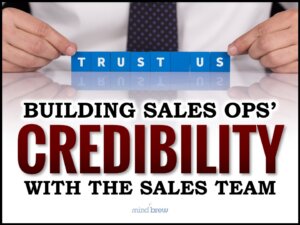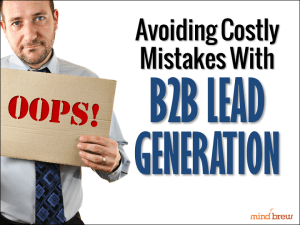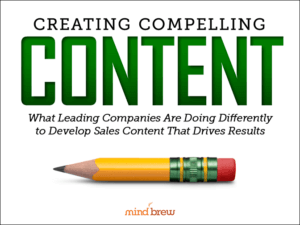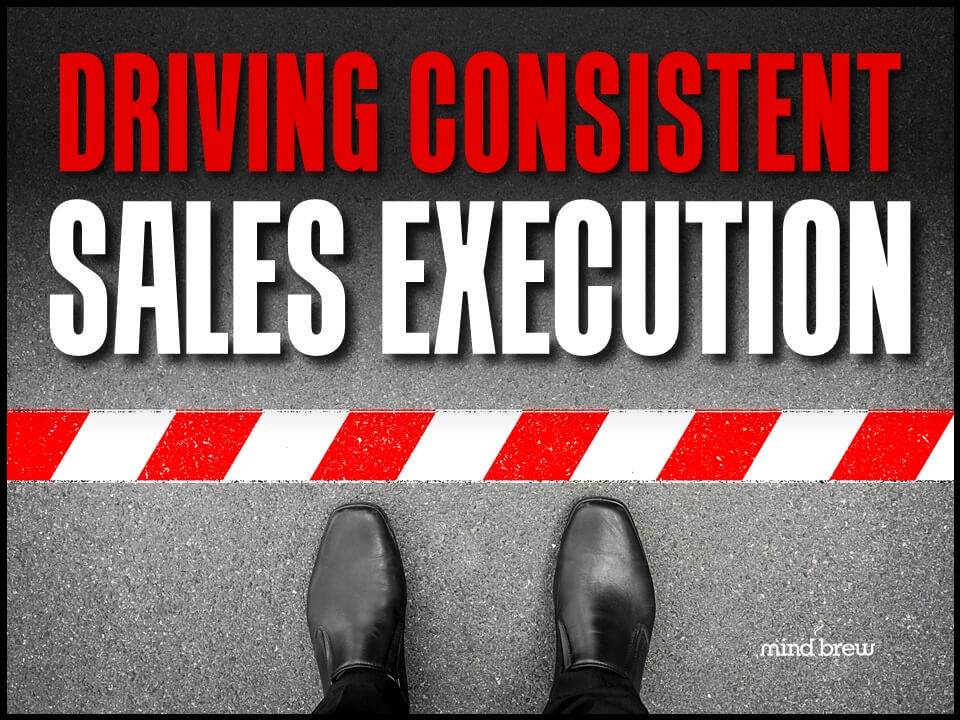In the sales operations community, there seems to be an ongoing debate about sales efficiency versus sales effectiveness. Those who advocate a primary focus on making the sales process more efficient usually cite two statistics that have been reflected in study after study:
- The large percentage of time that salespeople spend on non-sales activities (30% to 50%, depending on the study)
- The small percentage of time salespeople spend face-to-face with prospects (10%-20%, depending on the study)
They argue that if only the sales and administrative processes were more efficient, salespeople would spend more time selling and more time in front of prospects. From here, they go on to argue that the additional time spent selling will, in turn, translate into more sales, more revenue, and more profit.
Whenever I encounter this line of reasoning, a few questions come to mind:
- Have you ever met a quota-crushing salesperson who would let any sort of administrative or process-related task get in the way of closing a deal? On the other hand, have you ever encountered a salesperson who might point to certain process and administrative “burdens” as an excuse for not being able to hit their numbers?
- Is the problem really that salespeople don’t have enough time to get face-to-face with prospects, or is it that today’s busier-than-ever prospects don’t have enough time to get face-to-face with salespeople? Can you even imagine a scenario where a salesperson wouldn’t drop everything to visit a prospect face-to-face if the prospect would let them in the door?
It seems to me that while these statistics around “time spent selling” and “face-to-face time with prospects” are interesting, they really aren’t all that instructive. In fact, they seem to suggest that the primary constraint on sales success is time—i.e. that salespeople simply don’t have enough time to sell.
But I would suggest that salespeople spend just as much time performing their titular duties as anyone else. For example, while there may not be any studies to support it, I’d bet that marketing people spend 30-50% of their time “marketing” and accounting people spend 30-50% of their time “accounting”.
To my mind, success isn’t a product of how much time you spend; it’s a product of how effectively you spend your time.











